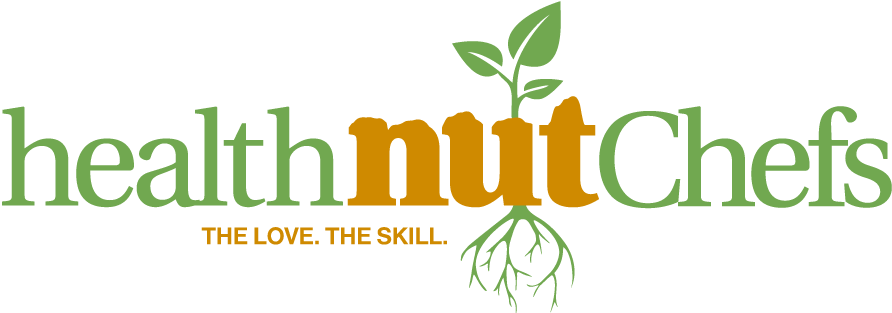The SIBO diet (small intestinal bacterial overgrowth), and the SCD (specific carbohydrate), and low FODMAP diets are known to improve digestive health and reduce inflammation in the digestive tract.
This is an elimination type diet that reduces or eliminates FODMAP foods (fermentable carbohydrates some people cannot digest, such as fructose and lactose). When these difficult-to-digest foods are not tolerated they can sit in the gut, become fermented by our gut bacteria, and lead to symptoms such as bloating, gas and diarrhea.
If you have been diagnosed with SIBO, IBS, IBD, ulcerative colitis, Crohn’s disease, or similar GI issues, we can follow your healthcare practitioner’s guidance in planning menus for you.
What is SIBO?
The large intestine has between 10-100 billion bacterial organisms per teaspoon of fluid, while the small intestine has much less. SIBO develops when there is an abundance of these bacteria organisms in the “wrong” place, the small intestine.
What causes SIBO?
Some research shows that conditions such as h. pylori, food poisoning, and gut irritation can cause gastroenteritis, which can lead to SIBO.
Can diet help treat SIBO?
Following a low FODMAP diet can improve digestive health. FODMAP stands for fermentable oligo- , di-, mono-saccharides and polyols. Reducing or eliminating foods high in these carbohydrates can help treat SIBO and IBS.
What FODMAP carbohydrates should be avoided on the SIBO diet?
- oligosaccharides (found in some fruits and vegetables, wheat, barley, rye, legumes and pulses)
- disaccharides (such as lactose found in dairy such as milk, soft cheeses and yogurt)
- monosaccharides (such as fructose found in fruit, honey and agave)
- polyols (found in some fruits and vegetables, and some sweeteners such as xylitol and sorbitol)
Some of the foods allowed on the SIBO diet include:
- eggs
- fruit such as banana, blueberries, citrus, grapes, kiwi, pomegranate
- grains that are gluten-free, such as oats, quinoa and rice
- peanuts and peanut butter, almonds, pecans and pine nuts
- seeds such as pumpkin, sesame and sunflower
- vegetables such as broccoli, brussels sprouts, carrots, cucumber, eggplant, green beans, leafy greens, radish, spaghetti squash and summer squash
* For a more detailed and comprehensive list of foods allowed on the SIBO diet please refer to the link below
Some of the foods to avoid on the SIBO diet include:
- dairy such as some milk, some cheeses, ice cream and flavored yogurt
- fruit such as apples and dried fruit
- grains such as barley and rye
- legumes such as beans and peas
- soda and soft drinks
- sweeteners such as agave, honey and high-fructose corn syrup
- vegetables such as artichokes, asparagus, cauliflower, potatoes, corn, garlic and onion
* For a more detailed and comprehensive list of the foods not allowed on the SIBO diet please refer to the link below
Sample menu items:
- Breakfast frittata with kale, roasted bell peppers and dairy-free almond “ricotta”
- Arugula salad with za’atar grilled salmon, radicchio, cucumbers, pine nuts, sunflower seeds and lemon vinaigrette
- Vegetable soup with almond flour crackers
- Chimichurri grilled chicken with fresh cabbage slaw with lime, herbs & pumpkin seeds
- Lamb chops with parsley sauce, quinoa and sautéed greens
For a more detailed and comprehensive list of SIBO foods, please refer to this SIBO specific food guide
You can also download the Fast FODMAP app.
If you find this diet interesting please see these related pages:
*Please note, that while we can prepare menus specific to your dietary needs, we are not able to diagnose, provide nutrition consulting, or prescribe treatment.
Sources: scdlifestyle.com, sibocenter.com, healthline.com
